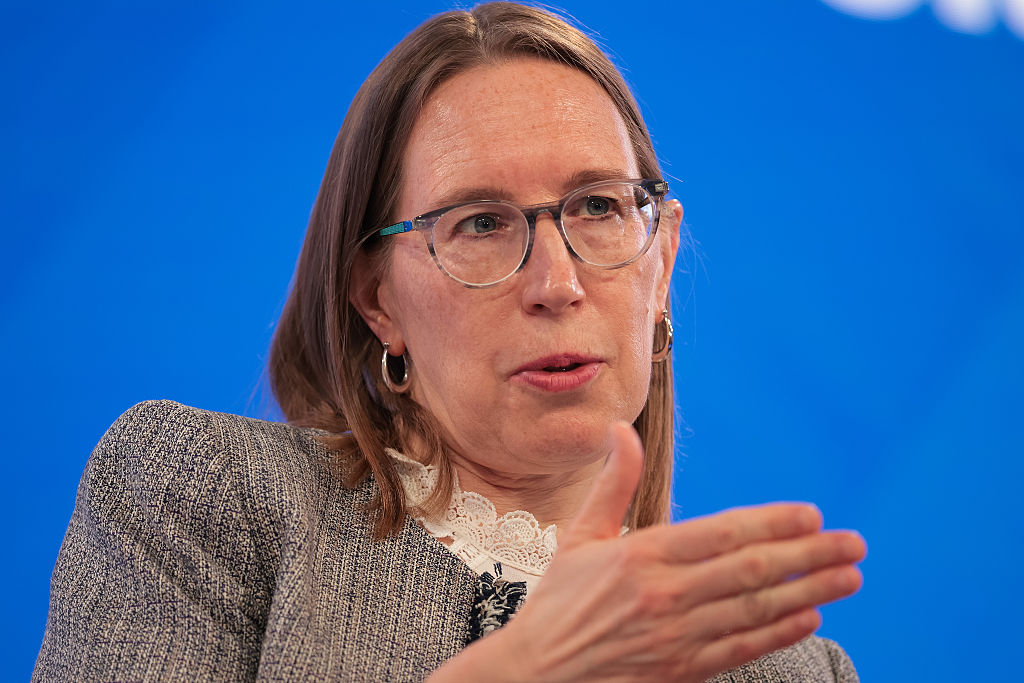SEC Commissioner Hester Peirce issued prepared remarks to the City of London Corporation at Guildhall on July 16, observing how closely UK and US authorities cooperate on enforcement matters.
Her attention turned to cryptocurrency, and Peirce reflected on how she previously suggested a cross-border sandbox between the allies.
The UK
Register for free to keep reading
To continue reading this article and unlock full access to GRIP, register now. You’ll enjoy free access to all content until our subscription service launches in early 2026.
- Unlimited access to industry insights
- Stay on top of key rules and regulatory changes with our Rules Navigator
- Ad-free experience with no distractions
- Regular podcasts from trusted external experts
- Fresh compliance and regulatory content every day












